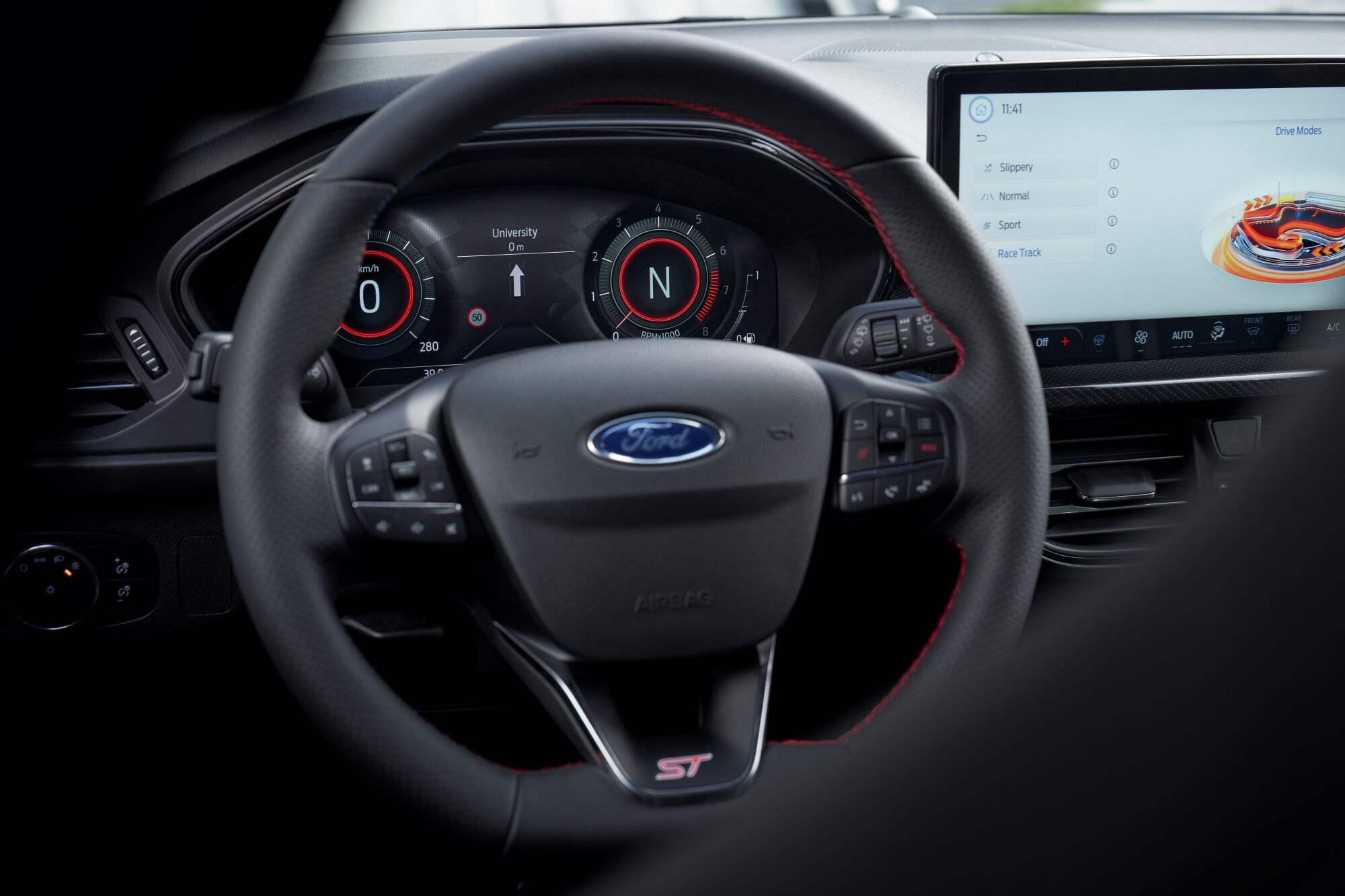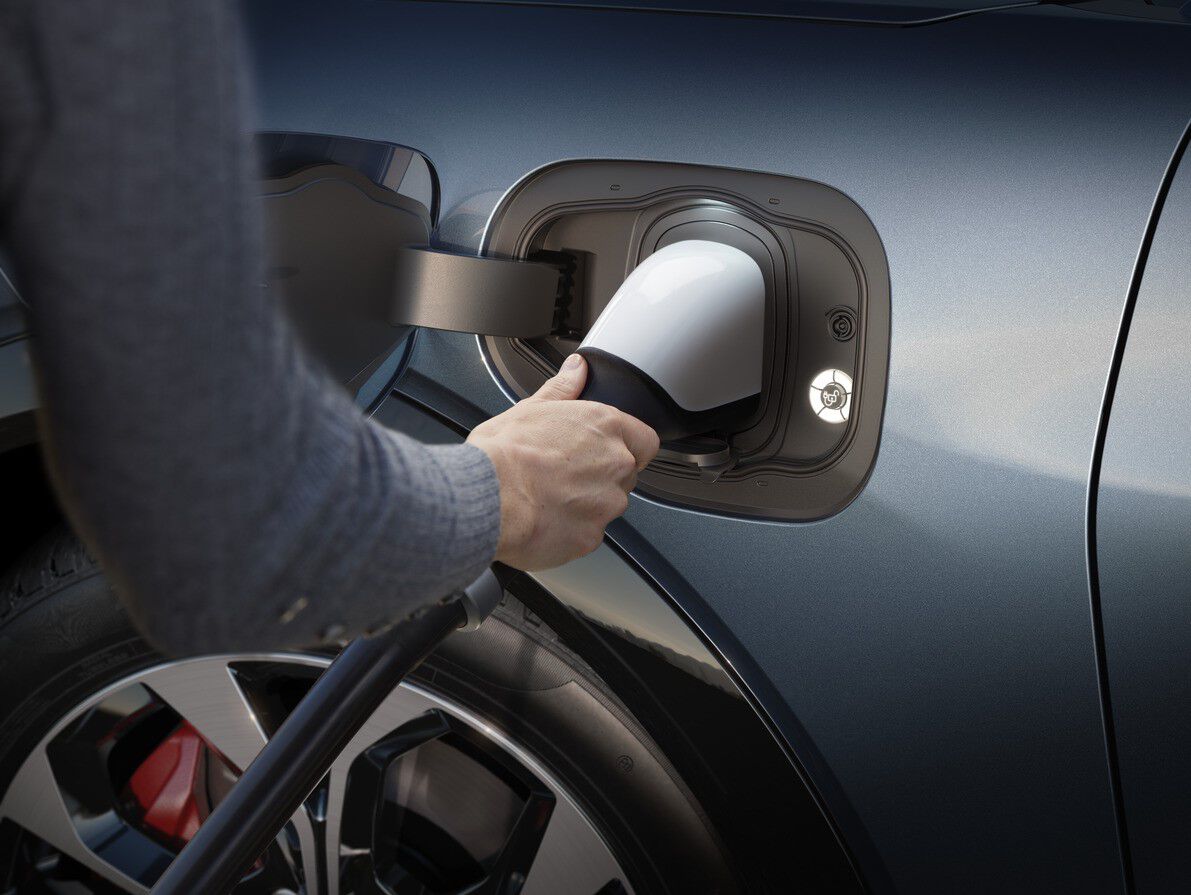How to Maximise Fuel Efficiency in Your Used Car
Tips and tricks for improving fuel efficiency in used cars, helping drivers save money.
October 27, 2024

In today's world of rising fuel prices, finding ways to improve fuel efficiency is becoming increasingly important for drivers looking to save money. While new cars are often marketed as more fuel-efficient, there are many tips and tricks that can help improve the fuel efficiency of used cars as well. By following these simple suggestions, drivers can see significant savings at the pump.
Regular Maintenance
One of the easiest ways to improve fuel efficiency in a used car is by keeping up with regularly servicing your vehicle. This includes making sure the car is running smoothly by regularly changing the oil, replacing air filters, and checking tyre pressure. By keeping the engine well-maintained, drivers can ensure that the car is running as efficiently as possible, leading to better fuel economy.
Driving Habits
Another tip for improving fuel efficiency in used cars is to drive more conservatively. This includes avoiding aggressive driving habits such as speeding, rapid acceleration, and sudden braking. By driving more smoothly and at a consistent speed, drivers can significantly improve their fuel economy.
Additionally, removing unnecessary weight from the car can also help improve fuel efficiency. This includes removing items such as roof racks, bike racks, and other heavy objects that can add unnecessary weight to the car and decrease fuel efficiency.
Using the air conditioning sparingly can also help improve fuel efficiency in used cars. Air conditioning can put an extra strain on the engine, leading to decreased fuel economy. By using the air conditioning selectively and rolling down the windows when possible, drivers can save on fuel costs.
You Might also like: Search the latest Used Cars In Stock and Servicing & MOT
Upgrading your vehicle
Upgrading to a more fuel-efficient vehicle can save you money in the long run. A fuel-efficient vehicle typically consumes less gas, resulting in lower fuel costs over time. Additionally, some fuel-efficient vehicles may be eligible for tax incentives or rebates, further reducing the overall cost of ownership. Additionally, a more fuel-efficient vehicle may have lower maintenance and repair costs due to less wear and tear on the engine. Overall, investing in a fuel-efficient vehicle can lead to savings on fuel, maintenance, and potential incentives. Discover a wide range of used fuel-efficient cars in stock today.
Upgrading to an electric vehicle can also lead to further cost savings. Below are some of the benefits of owning an electric vehicle:
- Potential tax incentives and rebates for electric car owners
- Reduced maintenance costs due to fewer moving parts
- Longer lifespan of electric vehicle batteries compared to petrol engines
- Avoidance of fluctuating fuel prices
- Potential savings on insurance premiums
- Reduced emissions and environmental impacts.
Conclusion
There are many simple tips and tricks that can help improve fuel efficiency in used cars, ultimately helping drivers save money at the pump. By keeping up with regular maintenance, driving conservatively, removing unnecessary weight, using air conditioning sparingly, and monitoring fuel consumption, drivers can see significant improvements in their fuel economy. With just a few small changes, drivers can make a big impact on their wallet and the environment.



.png)